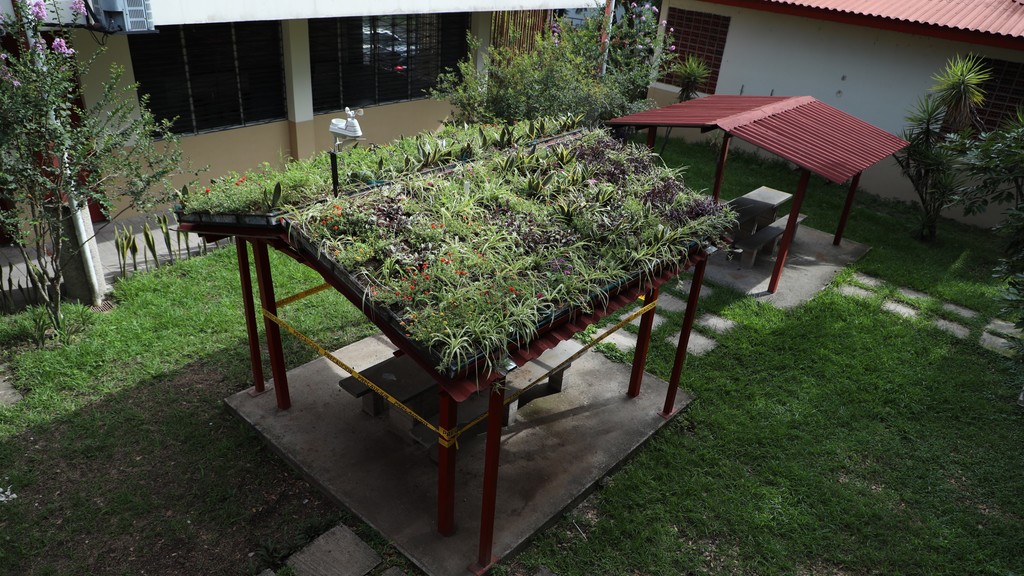News
A Mombasa youth-led circular initiative, using fly maggots
While some say they “wouldn’t hurt a fly”, others - in Kenya for example - put them to work! Meet the Black Soldier Fly (BSF), a tiny insect with a big mission. Its larvae are nature’s little recyclers, devouring organic waste and turning it into valuable byproducts supporting sustainable food and agricultural cycles.
Coal town in Australia, an experience (in the making) for a just transition
Coal still powers around one third of the world’s electricity and sustains millions of jobs. Yet, with the Paris Agreement in mind, ‘coal’ and ‘goal’ don’t go together well. For a net-zero transition, this fossil fuel shoul be phased out well before 2050. But practical experiences of ‘just transitions’—ensuring that workers and communities aren’t left behind—remain rare. Every promising case, however imperfect, becomes thus a precious source for lessons.
Facing the political storm: Innovating and resisting
The Fab City movement, driven by an inclusive, sustainable, and circular vision, now faces a political dynamic in the United States that directly threatens its foundations. Since his return to the presidency in January 2025, Donald Trump has implemented a series of measures that undermine climate initiatives, biodiversity efforts, and social innovations championed by the Fab City movement.
Vegetation modules to combat urban heat in San Salvador
Zalcoatitán, the valley where the city of San Salvador is located, was named "de Las Hamacas" (of the hammocks) by Spanish conquistadors centuries ago due to the frequent seismic activity in the area, which creates a sensation of ‘swaying.’
Videos
#Fabcitymontreal









